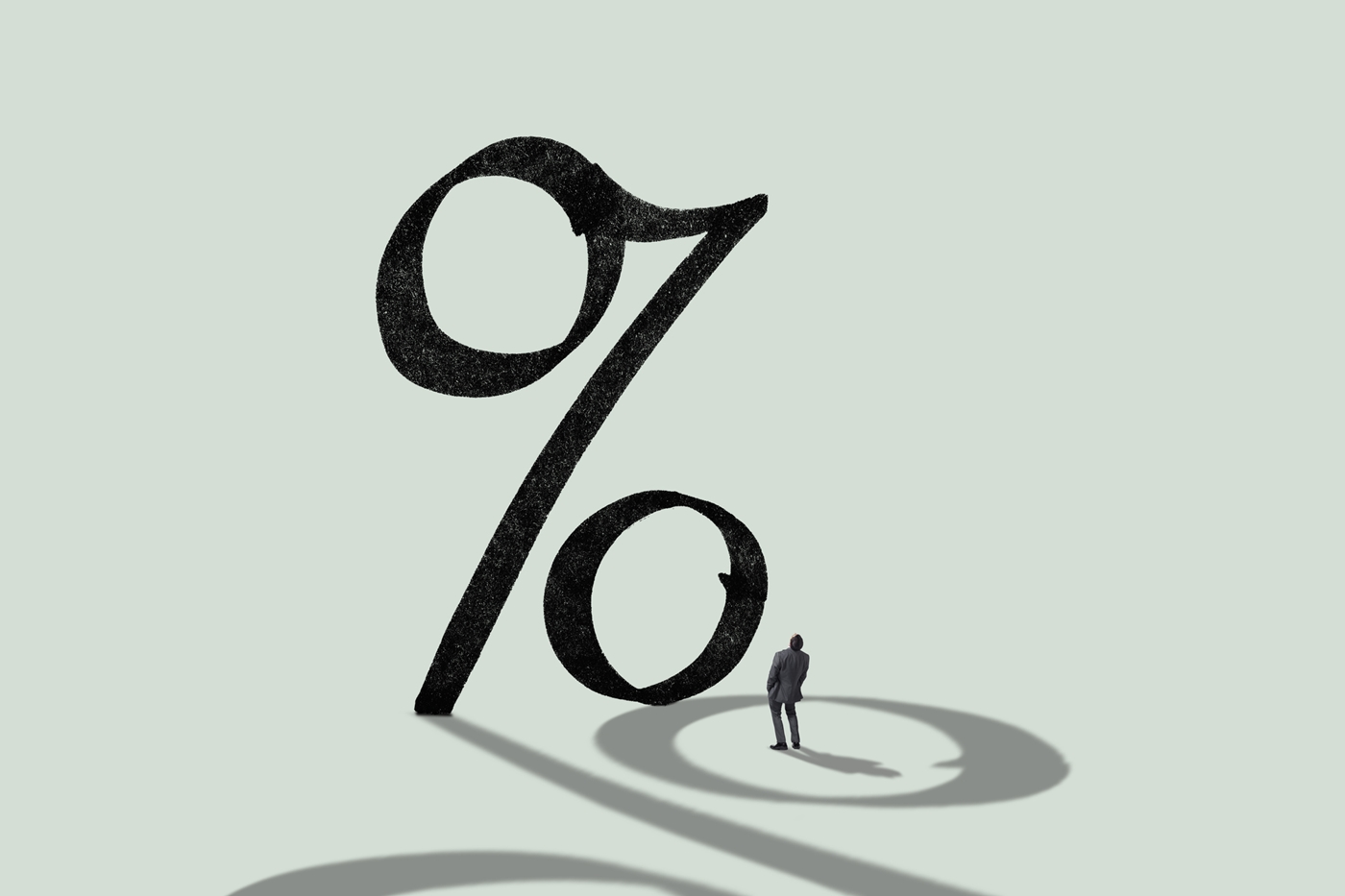

The country’s inflation rate may be coming down, but there are still some parts of the economy exerting upward pressure, including, ironically, high inflation rates.
In its quest to bring inflation under control with 425 basis points of rate hikes over the past year, the Bank of Canada has itself become one of the bigger contributors to overall inflation.
Canada’s headline CPI inflation reading fell to 4.3% in March from a reading of 5.2% in February and a high of over 8% this summer.
But mortgage interest cost, a sub-component of the overall inflation measurements, continued to rise in March at a pace of +26.4% year-over-year vs. +23.9% in February. This marked the largest yearly increase on record as Canadians continue to renew and take on new mortgages at higher interest rates.
“Think about this for a moment. As the Bank of Canada raises interest rates to fight inflation, they are pushing up the mortgage interest cost component of the CPI,” Ben Rabidoux, founder of Edge Realty Analytics, said during Mortgage Professionals Canada’s Toronto Symposium on Wednesday.
“Now, this is not a small dynamic anymore,” he added, pointing to its near-30% year-over-year increase in March.
Rabidoux said that while headline inflation was 4.3% in March, “almost a full percentage point of that was mortgage interest costs going up.”
If you were to remove the interest cost component from headline inflation, Rabidoux said CPI is actually “plunging.”
“Once you remove that mortgage interest policy, inflation is about 3.50%. I think that’s probably a better way to think about inflation right now.”
Last month, BMO economist Douglas Porter also commented on the Bank of Canada’s contribution to inflation by way of rising mortgage interest costs.
“Many will thus point to the BoC as the ’cause’ of inflation,” Porter wrote.
He noted that the overall shelter component, which includes other items such as new home prices and real estate commissions, is one of the biggest drivers of overall inflation right now.
But unlike interest costs, the other components are seeing a slowdown in their annual pace of growth. Homeowners’ replacement cost, for example, which includes the cost of new homes, continued to slow in March, rising 1.7% year-over-year compared to 3.3% increase in February. Statistics Canada said this reflects a “general cooling of the housing market.”
Economists are in agreement that the Bank of Canada should be satisfied with the overall progress in getting inflation closer to its target of 2%. The effects of higher interest rates are clearly now being felt across the economy, and that’s expected to continue given that monetary policy works with a lag of between 12 and 18 months.
Marc Desormeaux, Principal Economist at Desjardins, said that lag means the Canadian economy has “yet to feel the full effects of last year’s rate hikes, and that more economic weakness over the course of 2023 should help to bring prices to heel.”
Rather than forecasting any further rate hikes, Desjardins sees the BoC moving to cut rates by the end of the year.
However, don’t expect a return to near-zero interest rates anytime soon. The general consensus is that rates will remain higher for longer, something the Bank of Canada addressed directly in its latest Monetary Policy Report released last week.
New projections from the Bank of Canada show core inflation cooling to close to 3% by the middle of the year, but then things get tricky. From the Bank’s Monetary Policy Report this week:
“Getting inflation the rest of the way back to 2% could prove to be more difficult because inflation expectations are coming down slowly, service price inflation and wage growth remain elevated, and corporate pricing behaviour has yet to normalize,” the report reads.
As a result, markets aren’t expecting the first potential rate cuts until late 2023 or early 2024.
“All of this is a good reminder that while the inflation fight is progressing well, Canada is likely facing a scenario of higher rates for a longer period of time, and it means that barring a true financial crisis, rates are not likely going to be back down close to zero for many years to come,” Rabidoux wrote in his latest Mortgage and Housing Market report for MPC.